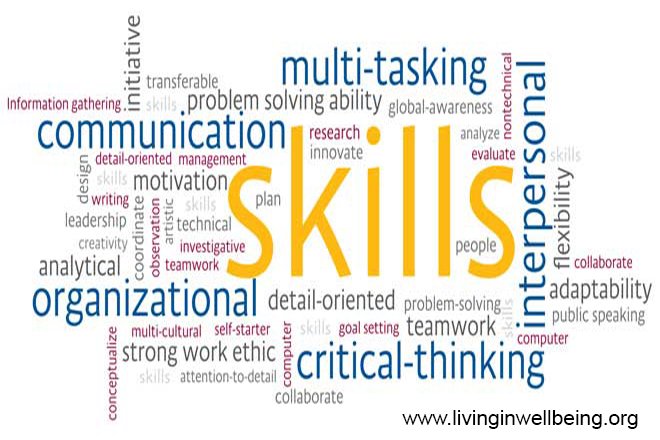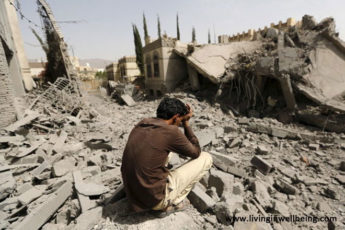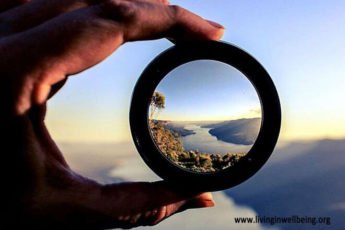
When many people think of what a leader is, they think of someone who is in charge of others, usually in the capacity of giving directions or barking out orders. While there are some types of leaders who indeed engage in directing and ordering others around, there are many other skills that are needed in order to engage others as a leader. Many leadership positions have nothing to do with barking out orders, either. Then again, the well-developed leader understands this fact already.
What does it take to develop leadership? The answer is that different types of leadership will require a person to call upon different sets of skills during different scenarios. The type of leadership skills that might be needed will greatly depend upon a given situation. Here are examples of leadership skills that are common and handy to learn. These skills will help those who want to develop leadership in a wide variety of scenarios:
Organization: Organizational Skills is probably one of the most important skills that all leaders need to develop and possess. Leaders need to be able to organize a wide variety of aspects, such as people, business organizations, social and religious organizations, etc. A leader needs to be able to provide structure and stability. Organization skills go a long way in providing structure and stability, which leads to security within an organization.
Critical Thinking: A good leader needs to be able to ask questions that lead to progress. A leader understands that they should never make assumptions, and they should ask questions which ensure they gain as many facts about a situation as possible. Beyond this, a leader understands asking questions leads to innovation, another skill set that many great leaders possess.
Creativity: As mentioned, innovation is key to great leadership. Innovation can be said to define leadership, because innovation literally changes the world, and how people operate in the world. The great leaders are extremely creative. While some people are naturally creative, creativity can be taught. This skill comes down to learning to think outside of convention, and learning to trust one's instincts that their ideas are noteworthy.
Social Skills: Great leaders understand that they need to interact with people, in order to get things done. Since people are individuals first, they will bring their own unique personalities and issues to any scenario. A great leader learns how to interact with people in a way that brings about the best results and outcomes during various interactions.












